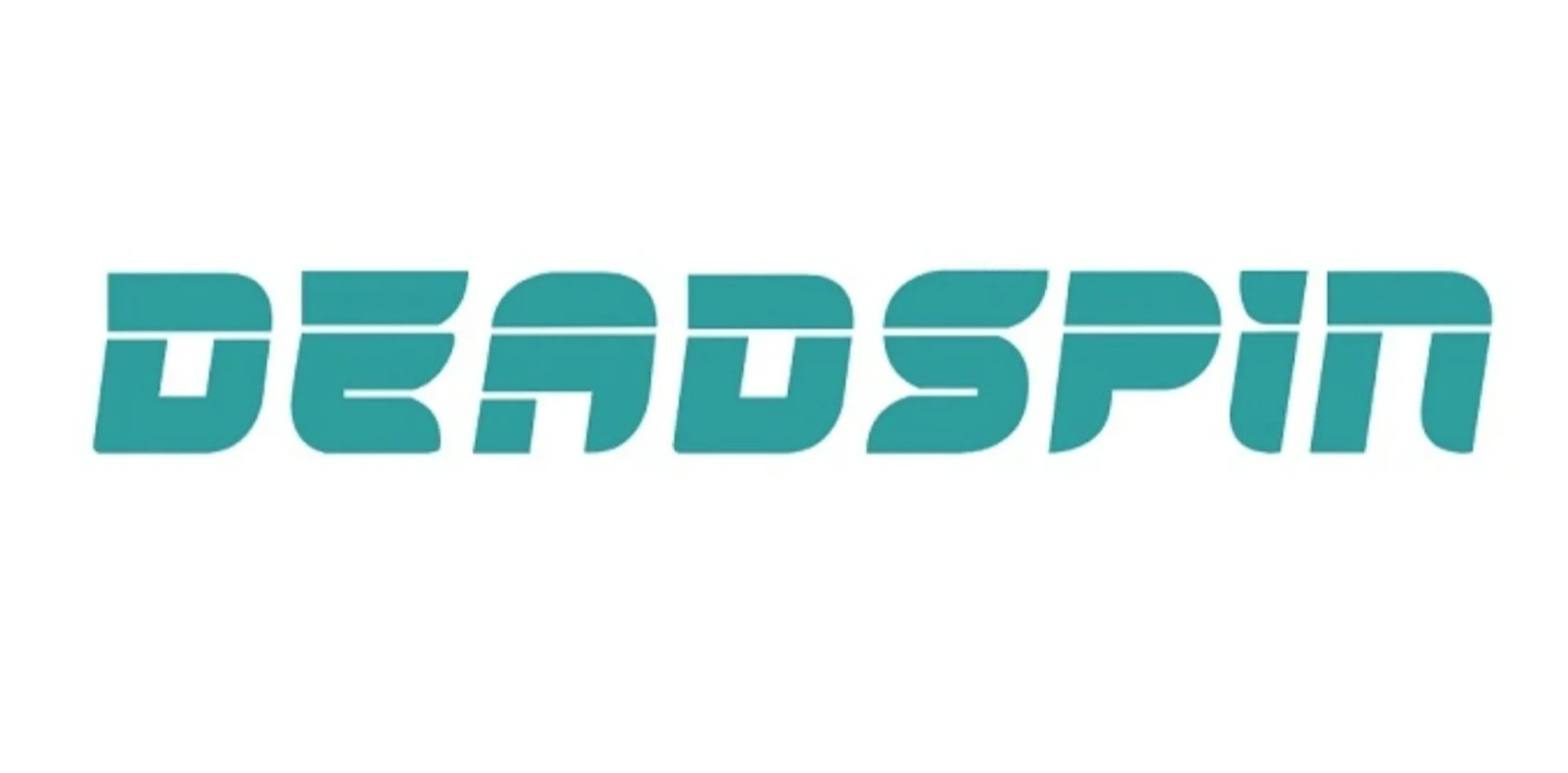When Deadspin began publication in 2005, the internet was a more wild and free place. Your friends would go up to you and say something like, “Hahaha have you seen ratemypoop.com” and you’d be like, “No, what the heck,” and you’d go on it and see people rating each others’ poop. It was great.
Now, both ratemypoop and Deadspin are dead, and there are only four websites left and they all make you feel a different level of seething rage. But Deadspin (probably) had a greater cultural impact — and, more sadly, it was murdered.
Let me explain. At its heart, Deadspin was a sports website; it branded itself as “Sports News Without Access, Favor, Or Discretion.” Of course, it wasn’t just a sports website — there are already thousands of websites that are just sports websites, each one more forgettable than the last.
What Deadspin did differently is that it didn’t care. Not about vulgarity — it’s a fitting testament that one of the last posts on the site was “Can I Fuck to My Friend’s Band?” Not about the confines of the sports world — it published everything from a feature on the portrait from Ghostbusters II, to whatever the hell this is.
And it certainly didn’t care about the powerful. It exposed an ESPN writer for scamming people. It broke the wildest, and most memorable, news story about college football in a long time, and capped that off by telling a future president to go fuck himself. It turned Sinclair Broadcasting into a household name, for all the wrong reasons.
It’s Shakespearean, in both the tragic and comedic sense, that Deadspin’s latest, most explosive volley — on corporate consolidation of media — ended up predicting what killed it. You see, Deadspin was bought out earlier this year. Its new corporate owners, G/O Media, decided — against all common sense and actual data — that it would be more profitable to make it a sports-only site.
To those ends, came the means of pushing out not one, but two editors in chief. And now, after the second one, which occurred just this Tuesday, almost every member of staff has resigned.
It’s hard to say what will happen now. Sure, if you go to www.deadspin.com, you’ll find an active website. There’s no telling who’ll succeed the departed staff. But with the well-publicized managerial meddling, it’s likely whoever does will be willing to toe the stick-to-sports line. And thus everyone, and everything, that made the site what it is — a beautiful, crazy pocket of the internet — is gone.
Deadspin is preceded in death by its big brother, Gawker, and its younger siblings, The Awl, The Hairpin and Splinter. It also joins YTMND, Machinima, and its longtime foe, Grantland, in the afterlife, along with every GeoCities page.
Their deaths were only the beginning. The internet is less of a place where people can scream into the void, and more of a place where people are herded into specific voids to scream in so advertisers can listen to their screams and decide what to market to them based off that. Deadspin existed outside that paradigm; so it had to die. Thanks, private equity.
Of course, Deadspin was not a perfect website. I don’t mean to write a requiem; they posted some truly disgusting posts back in the day, which they will be the first to remind you of. But it had grown beyond its grimy adolescence into a mature website, always looking to hold the powerful in check.
There’s no happy ending in sight here, so let’s remember some posts. Let’s remember Jon Gruden’s increasingly crimson face. Let’s remember how many old crotchety dudes it made mad. Let’s remember how it covered sexual assault, domestic violence, transphobia and institutional rot more effectively and more righteously than so many legacy outlets. Let’s remember why your favorite NFL team sucks.
Let’s remember what Deadspin, and the internet, used to be. God, do I miss it.



